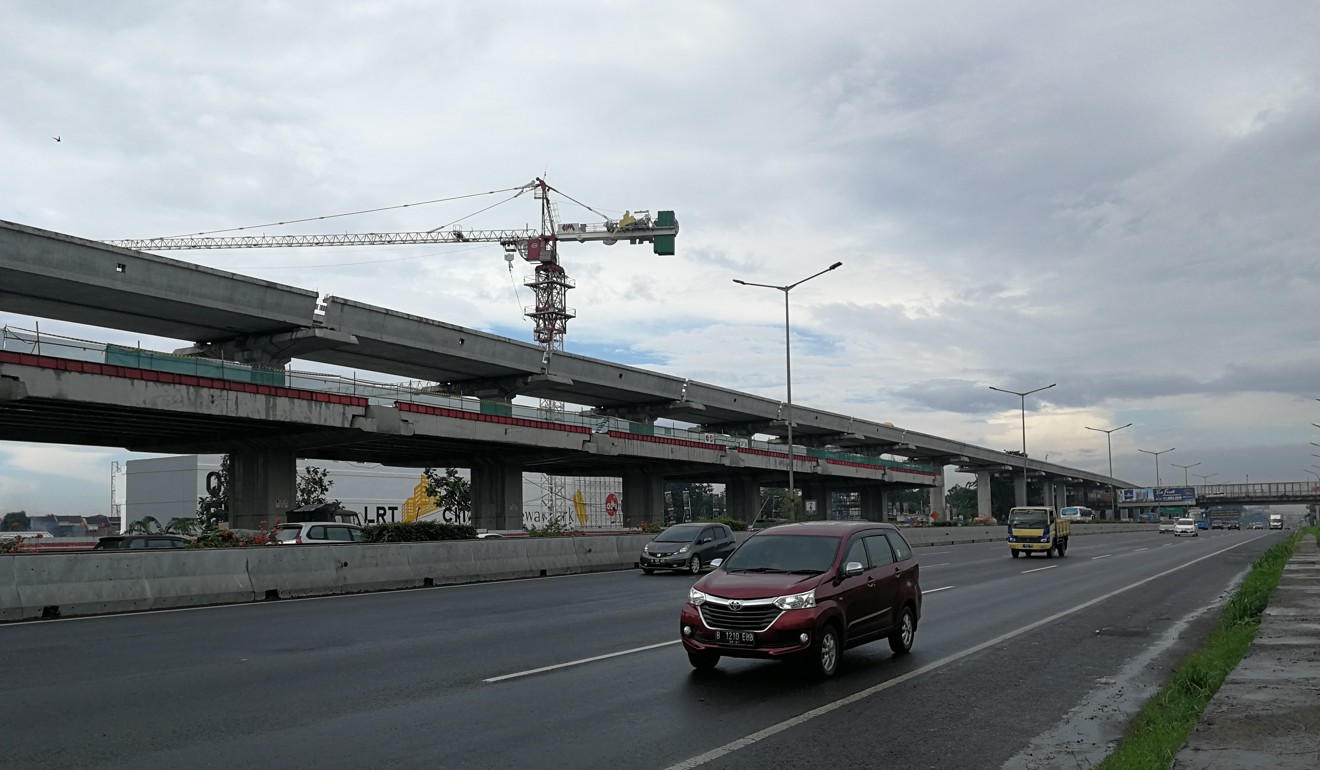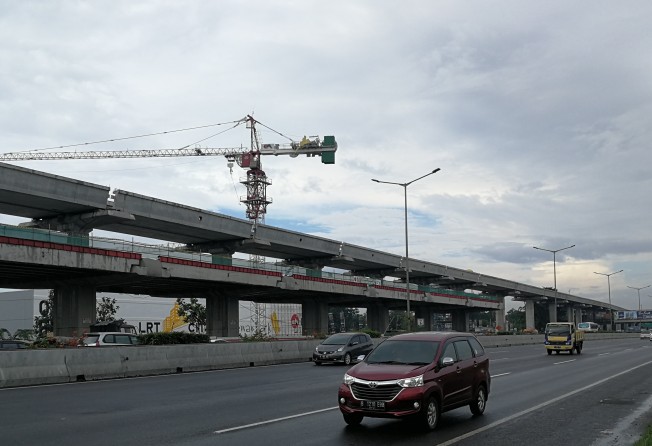
Belt and road trade advantages in Indonesia? Hong Kong business leaders speak of challenges
Challenges range from limits on shares that foreign investors can hold to stiff competition from neighbouring countries such as Singapore and Malaysia

Infrastructure and professional services have long been hailed by Hong Kong officials as the city’s advantage in Southeast Asia under Beijing’s “Belt and Road Initiative”, yet business leaders with projects in Indonesia tell a different story.
Brian Chan Pak-lam, president of the Indonesian Chamber of Commerce in Hong Kong, and Sutedja Sidarta Darmono, president of a 5,600-hectare private industrial estate near Jakarta, said the city’s investors and professionals faced a host of challenges in Indonesia as foreign investors, as well as competition from economic rivals and neighbours, including Singapore.

“Indonesia has been saving smaller and easier projects for local capital, and leaving the larger and harder ones to foreign investors,” said Chan, 29, manager of two biofuel power plants in the country.
Chan believed the challenges affected all industries in the island nation and spoke of limits on the maximum amount of shares foreign investors could hold depending on the nature and size of their business.
Indonesia has been saving smaller and easier projects for local capital, and leaving the larger and harder ones to foreign investors
He cited the example of small-scale projects in the mining industry in which foreign investors could control no more than 49 per cent of shares – vastly different to his large energy projects that allowed him to hold 95 per cent.
To complicate matters, whether a project is considered large or small is largely left to local authorities’ discretion, according to Chan’s understanding.
At present, various foreign capital conditions apply to 495 fields in Indonesia. As of the second quarter of this year, the mining, metal, machinery, and electronic industries drew the largest amount of foreign direct investment. In contrast, the optical, clock, and fishery industries lured the least.
Chan agreed with Hong Kong officials that Indonesia, as with other developing countries involved in the belt and road strategy – Beijing’s China-centred regional trading network – had a strong need for infrastructure. He said he witnessed a considerable change over the past five years.
“When I first came here, the internet was so weak that I couldn’t play video games at home,” he recalled.
The businessman urged Hong Kong investors to carefully research their opportunities before taking on projects.

Darmono, whose industrial estate is home to some 1,600 companies, said a high-speed railway linking the cities of Jakarta and Bandung and built by state-owned China Railway Corp had helped boost connectivity.
“As an industrial estate with the best infrastructure in Indonesia, we are planning to develop our own Silicon Valley,” Darmono said. “And we will need talent from universities in Bandung.”
As the country strives to move up the global production chain, professional services were needed, he added. But Hong Kong was not guaranteed an advantage in this area.
“Singaporean talent may be more accustomed to our culture,” Darmono explained, adding that Malaysia was competitive due to its geographical proximity.
“We need technical people in the railway industry, for example. We need a lot of people who know how to operate a mass rapid transit system ... We get people from Malaysia because they are the closest.”
Chan agreed Malaysia and Singapore posed stiff competition for Hong Kong entrepreneurs eager to do business in the country.
As an emerging market, Indonesia “might not have very clear ideas about what sorts of professional services are needed”, he added.
But Hong Kong commerce minister Edward Yau Tang-wah expressed confidence that the city’s professionals held two advantages.
First, Yau said, Hong Kong signed a free-trade agreement as well as an investment promotion and protection agreement with Asean, which he argued would open doors and “gradually make us part of the trade bloc”. Yau offered his remarks on the sidelines of Chief Executive Carrie Lam Cheng Yuet-ngor’s first official visit to Jakarta last Wednesday.
Second, the city had “a built-in advantage under the belt and road initiative” with 60 per cent of China’s overseas investments carried out by state-owned enterprises, and many of these companies are listed in Hong Kong.
Yau added the city also enjoyed a “special” position compared with other financial hubs such as London and New York.
“If there is any opportunity for cooperating on belt and road, the city with the greatest connection to China and the initiative will enjoy the greatest advantage.”